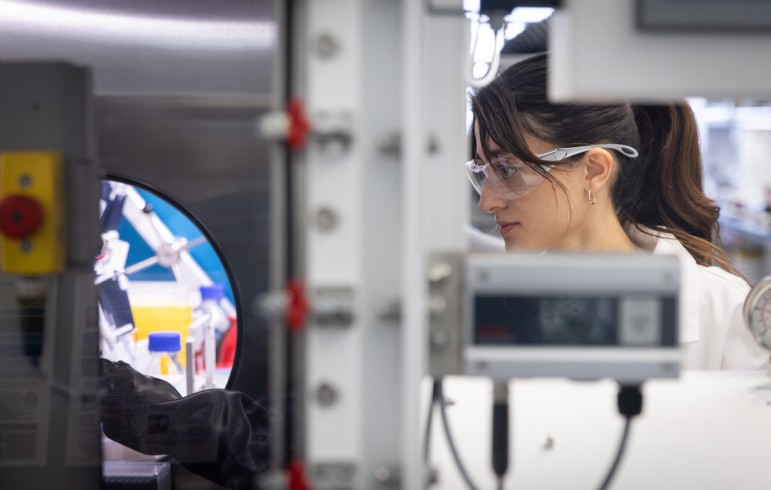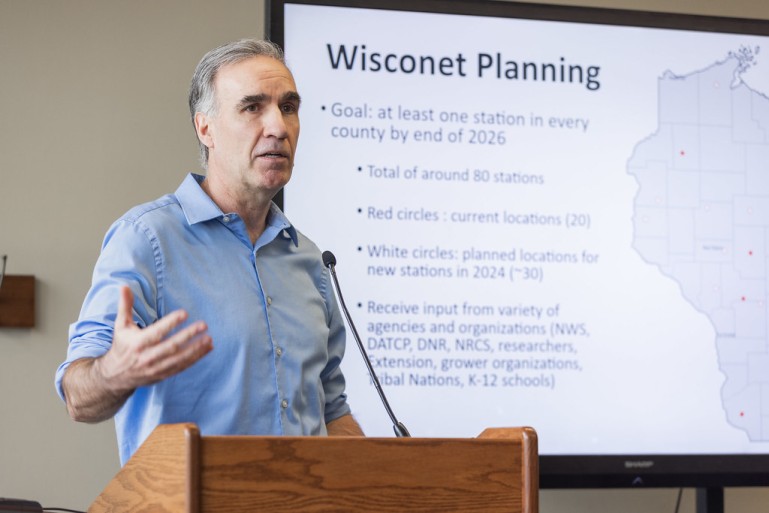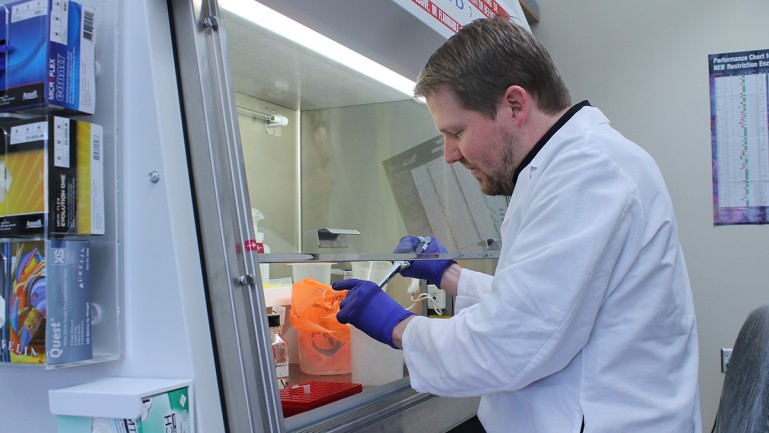SHINE Medical Technologies, a firm spawned from research in the University of Wisconsin–Madison College of Engineering, broke ground today on “Building One” at its new location just south of Janesville.
Researchers at the Great Lakes Bioenergy Research Center (GLBRC) recently published a study showing that quality of crop yield is less important than quantity when harvesting for cellulos
Between growing up in Belgium, a trilingual country with multiple ethnic communities, receiving dual training in chemistry and chemical engineering, and holding faculty positions in both Europe and the United States, Ive Hermans is used to straddling two (or more) worlds.
In the coming years, the growth of distributed energy resources (DERs) – or smaller power sources that can be aggregated to meet regular demand – will reshape energy markets around the country.
Earlier this month, the Great Lakes Bioenergy Research Center (GLBRC) received another major boost from the U.S. Department of Energy, receiving more than $250 million to conduct another five years of groundbreaking work on alternative fuels.
In July 2017, three faculty members in the Department of Chemical and Biological Engineering were notified of their selection for national awards from the American Institute of Chemical Engineers (AIChE).
Lori joined the Wisconsin Public Utility Institute in July 2017 as its new director.



